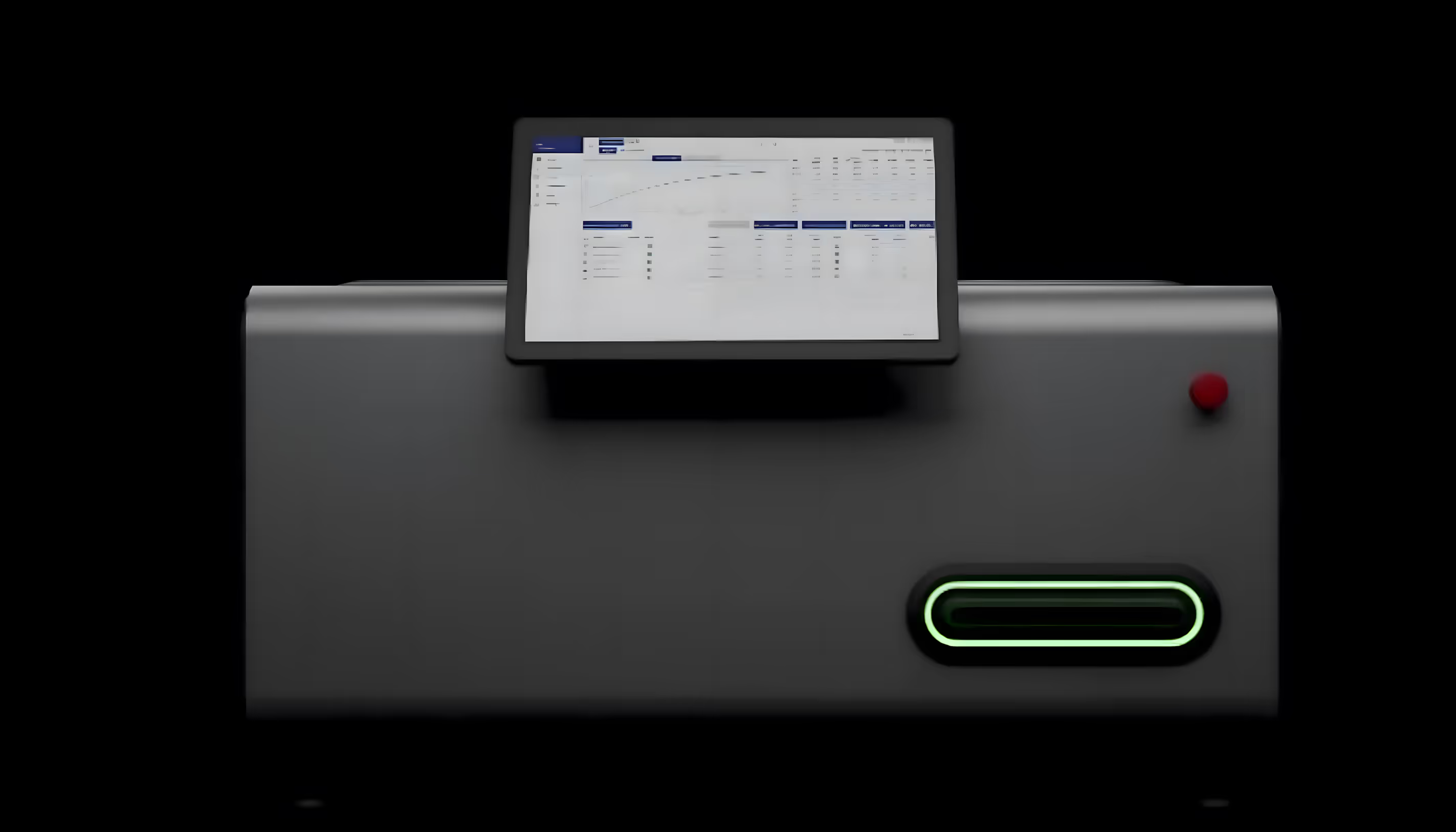
ISO 527-2 Type 1A
Used to determine the tensile strength, stiffness, and elongation of rigid and semi-rigid plastics.
This is the preferred specimen geometry for ISO tensile tests on rigid and semi-rigid plastics. It is used to measure tensile strength, tensile modulus, and elongation, which are critical metrics for engineers to understand a material's performance under pulling forces.





